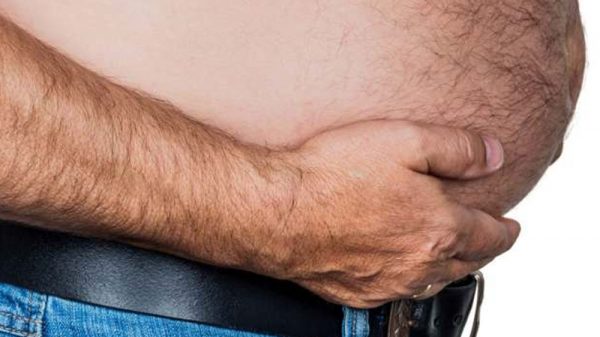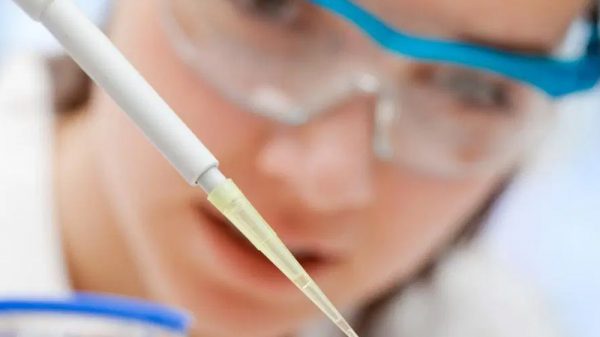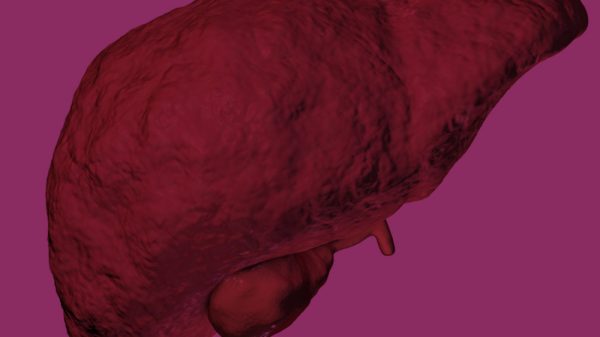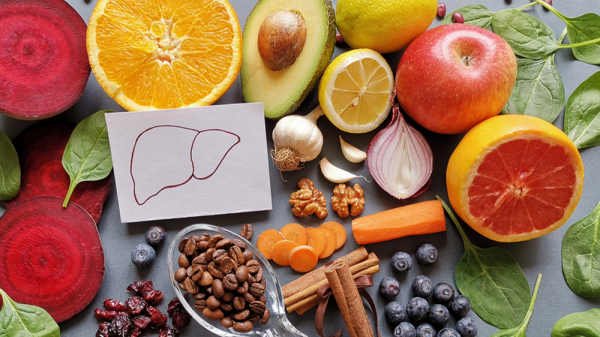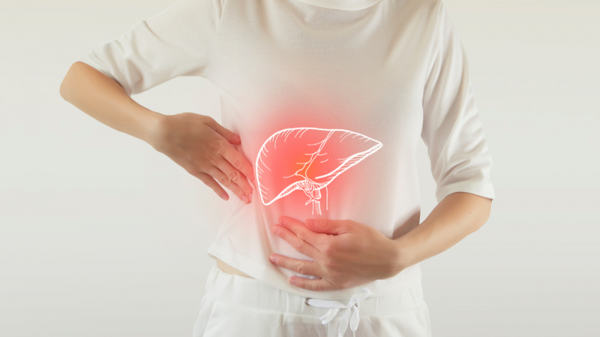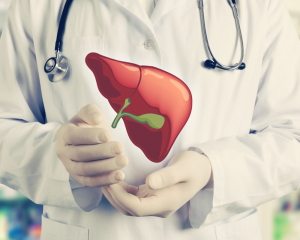ALT is the acronym for alanine aminotransferase, an enzyme found in the liver. This enzyme aid the body in carrying out some chemical reactions that are needed in order for it to function well. ALT is especially important for the filtration of toxins away from the blood, producing bile and storing nutrients. During liver inflammation or damage these enzymes are released into the blood thus resulting in an elevated ALT level. Knowing how to lower liver enzymes before a blood test is important so as to get an accurate result. The liver is also able to perform better with a low ALT level.
Upon noticing that ALT levels are high, the first line of action should be to treat the underlying cause which could be diabetes or damage with professional help. The natural treatment method can be used as a complementary form of treatment to assist in decreasing the ALT levels. Maybe you have guessed already but most of these methods include making lifestyle changes such as a balanced diet, exercising, etc. As you read on you will come to understand how to implement these changes and why they are important.
How To Lower Liver Enzymes Before A Blood Test
We will be looking at some of the natural ways by which liver enzymes can be lowered:
Drinking Coffee
Drinking coffee may help lower the level of your ALT. A 2017 review on various studies that claimed one or more serving of coffee per day lowers ALT levels. A 2015 study compared liver cancer risk and that of liver disease (chronic stage) between people who drink coffee and those who don’t. Over 200,000 participants from California and Hawaii were involved in this study.
This study discovered that those who drank two to three servings of coffee daily had a thirty-eight percent reduced risk of developing liver cancer otherwise known as hepatocellular carcinoma. They also discovered that the participant’s risk of dying from the chronic stage of liver disease was reduced by forty-eight percent when compared to those who don’t drink coffee.
Researchers are still unsure if the caffeine content of coffee is responsible for these liver-protecting characteristics or whether the coffee’s antioxidant property that is taking the credit. A 2014 study found out that both decaffeinated and caffeinated coffee reduces the level of ALT.
Regular exercising
By exercising regularly your liver health may be improved and studies suggest that engaging in physical activities helps in treating diseases of the liver. An article published in 2018 recommends that chronic disease patients be placed on an exercise plan as a form of treatment.
Losing unnecessary weight
Research discovered weight loss to be an essential factor for treating fatty liver diseases and liver fibrosis prevention. Weight loss decreases inflammation and enhances insulin sensitivity. Exercising regularly alongside reducing your calorie intake may lower any risk of developing liver cancer.
Reducing calorie intake by maintaining a balanced healthy diet and increasing exercise helps in weight loss.
Increasing intake of folic acid
The deficiency of folate may increase the chances of your liver getting damaged and may potentially be linked to cancer of the liver. Liver health can be improved by consuming foods that are rich in folates like beef liver, black-eyed peas, spinach, asparagus, fortified cereals, Brussels sprouts, lettuce, and avocado
Folic acid supplements may help in lowering the ALT level. In the year 2011, a group of researchers with the help of 455 participants discovered that an increased amount of folic acid supplement reduced ALT levels, especially in men with high ALT levels. Researchers have also found that taking 0.8 milligrams of folic acid helps in reducing ALT levels.
Dietary changes
A 2013 study examined what effect a healthier lunch alternative had on the ALT levels of ten men. When compared to their former lunch there was a significant 20.3 percent decrease in their ALT after they had eaten healthy lunches for one month.
These nutritional lunches consisted of:
- More vegetables
- Fewer animal proteins
- Increased plant-derived protein
- High fiber
- Food with a reduced energy density
- Foods rich in vitamin B6
- Folic acid and potassium
Another study in 2007 suggested that a lower carbohydrate diet helps in decreasing insulin resistant and obese adults’ ALT levels.
For optimal liver health, the foundation of American liver recommends a balanced diet plan that involves:
- Avoiding undercooked or raw shellfish
- Avoiding foods that are processed especially those rich in fat, salt, sugar, and fried foods
- Increasing your dietary fiber intake with more vegetables, fruits, and whole grains
- Eat organic food as much as you can. This may also assist the liver in lowering the toxin level of the body.
What is The Ideal Liver Enzyme Level?
If you are interested in knowing your liver enzyme level see a doctor who will direct you to take a blood test. A blood sample will be taken from your arm and sent to the laboratory.
A review in 2010 suggested the normal level of ALT to be lower than 50 U/L. However, there have been recommendations from some researchers to lower the range of what is accepted as normal. The reason for this is that the rate at which people are developing the nonalcoholic liver fatty disease and obesity was increasing and reducing the normal threshold of liver enzyme will help doctors to earlier detect potential health issues regarding the liver.
Based on this recommendation the ideal ALT levels are;
- For females – less than 31 U/L
- For males – lower than 40 U/L
An elevated level may signal liver issues like hepatitis. A very low level may also be a source of concern as they may indicate increased frailty and health risks.
Summary
Now that you know how to lower liver enzymes before a blood test, you should put it into practice. Your liver is a very essential organ in our body so it is of your benefit that it is kept in optimal health.

